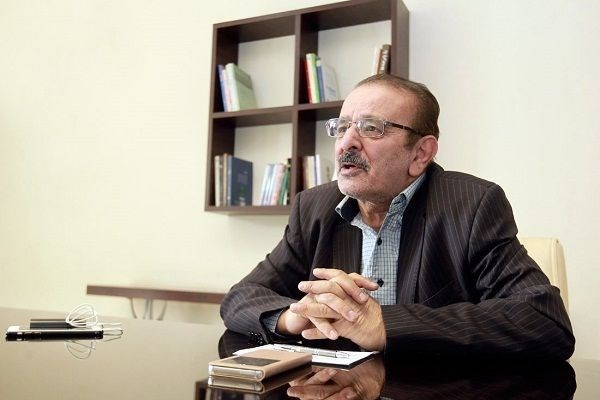Alwaght- The two huge explosions that rocked the Lebanese capital Beirut on the evening of August 4 sparked waves of reactions. Now many analysts label the blasts “historical event” that would influence the course of developments in the future of the country and even the West Asia region.
Although the initial reports suggested that disaster took place for natural or human error reasons, now the public opinion and observers are raising theories for the existence of factors behind the explosions.
Alwaght has talked to Musaib Naeemi, an Iranian expert of Lebanese affairs, asking him to elaborate on the theories surrounding the twin explosions.
Negligence a possible factor behind the incident
In his view of the Beirut port explosions, Naeemi said that it was a surprise happening to the Lebanese people and government with its scales beyond expectation and calculation. It, Mr Naeemi said, almost reduced to ruins a major part of the Beirut’s economic and executive structure. “Given the grave economic conditions the Lebanese are already living, the incident can certainly leave tremendously negative impacts on the country’s economy.
Mr Naeemi went on that the reports that have so far come out show that the Explosions occurred with a natural cause, likely because of the negligence of the port personnel. Whether this incident is intentional or unintentional, this is a major question to the public opinion and the political and economic observers closely watching the situation in Lebanon.
“The fact is that the Lebanese governments, either that of Saad Hariri or Hassan Diab, have failed to create a competent security system for the country to address the weaknesses in this area. It was this weakness that allowed a highly-explosive material in tons to be kept in a Beirut port warehouse and cause this catastrophe.”
Fingers of blame mainly at the pro-terrorism Western governments
The analyst of the Lebanese affairs in another part of his comments addressed the theory raised by some Arab-Western media about Hezbollah’s hands in the explosion as the international tribunal is about to issue its verdict about the assassination of the former Lebanese Prime Minister Rafik Hariri who was killed in a car blast in Beirut in 2005.
“In this regard, we can say that the main culprits of the explosions that ravaged the Beirut port are those who over the past 10 years have been providing weaponry and banned material to the terrorist groups in Syria. Now there is strong evidence that a huge shipment of explosives that was en route to Syria was seized in Beirut port. Since then, the explosive material was stored in a port storehouse. Unfortunately, all of those in charge of the shipment along with their vessel were released. It is obvious that there were hands of powerful governments behind the incident.”
He went on that in the future the world will know who was behind the story, adding that we should not forget the fact that Hezbollah has no role nor any presence in the port. Even more, Hezbollah has no arms storehouses there. The port area is Christian-majority and the media are sending signals to cover up this fact and divert public attention. “Those who tried to deliver the shipment of explosive material to the terrorists fighting the Syrian government are responsible for the explosion.”
Raising the Hariri case is shifting of the blame
Mr Naeemi held that raising Rafik Hariri’s tribunal at present is mainly driven by American, Israeli, and Saudi lobbies to make the current crisis instrumental in pressures on Hezbollah. Hariri’s case, he continued, is now an instrument for a political game run by the Americans and Israelis.
“Relating the case to the explosions is simply an outcome of a preplanned and purposely scenario. Such a shift of blame has records in the past. Now the Lebanese media are smartly seeking to raise the theory that the main factors behind the explosions were those who tried to send the shipment to the terrorists in Syria.”
Israeli regime will not benefit from Beirut explosions
Naeemi was asked if the Israelis will benefit from the Lebanese disaster. He answered that in the past, any political, economic, or social weakness was exploited by the Israeli regime but in the current conditions in case of Israeli hands in the huge blasts, the upcoming circumstances will certainly not play in their hands.
“Lebanon had a much more difficult situation in the past decades. From 1975 to 1990, there was a relentless civil war involving several groups but the Lebanese at the same time continued their resistance to the Israeli regime. Now the resistant forces in Lebanon are powerful enough not to be impacted by any surprise occurrences. And the Israelis know it well that the age of running rampant and free in Lebanon has gone.”



























